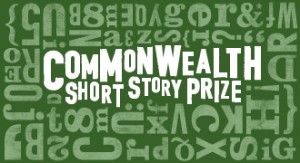August in Review, Projections for September

Reading has become a part of me, through dedication and perseverance. I am not one of those whose home overflowed with books. There was none, almost. Not that my parents were illiterates. They weren't. My mother retired as a Principal Nursing Officer. No problem. But that was the days nurses were almost paid in coins and so there were more important things to think about than filling-up a bookshelf with fiction. First, there was school, good but affordable school, to consider. If you thought my father who described himself as a farmer, with no commercial farm, was an illiterate you should see his signature; his handwriting is a thing to envy, the best in the family. He thought us how to read. My reading book - the school-text - was defaced and plastered all over such that even with a microscope you cannot identify the colour nor the text on the cover. If books could cry, that 'Here is Aku' book could have wept gallons. Hang on, I am not reviewing my family. I am review...








